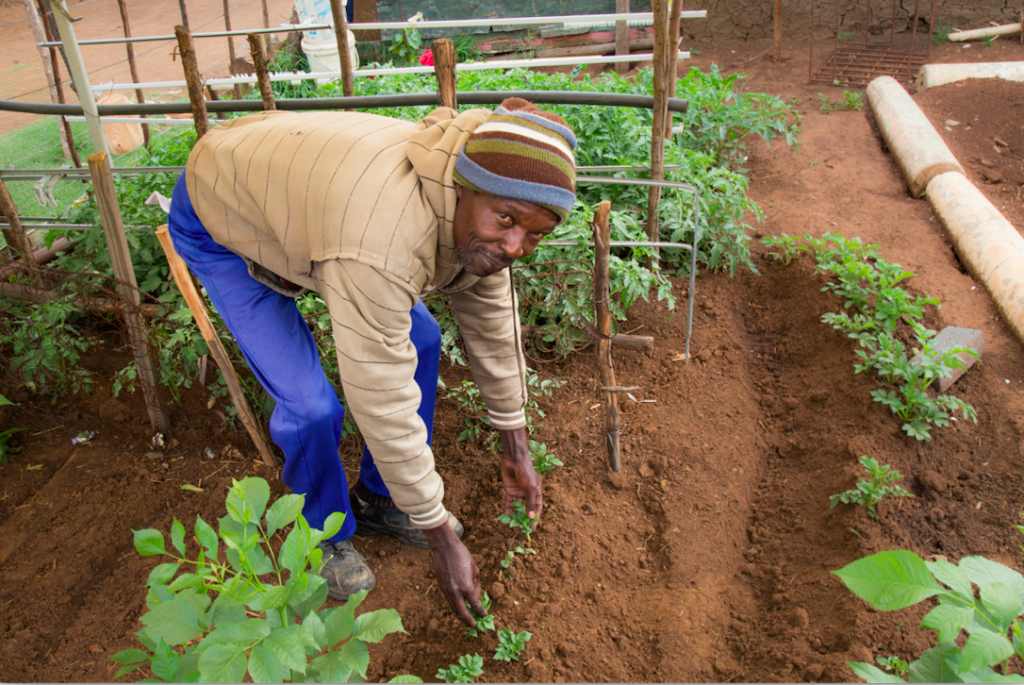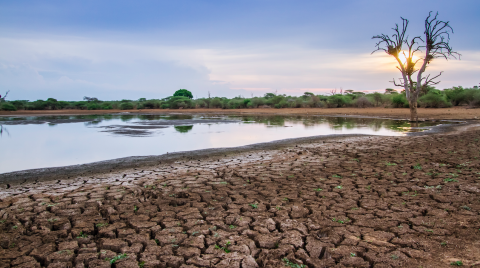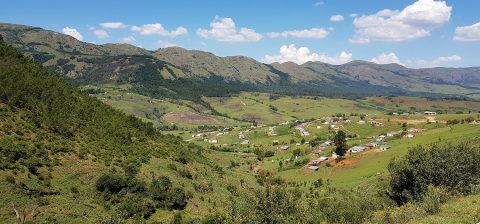CSI
Farming For A Better Future
By 2050, South Africa will likely need to increase its food production by 50 per cent to meet the needs of the growing population. To achieve this and ensure long-term success, farming should be done in a sustainable manner, says Angela Larkan, executive director at Thanda, a community-based organisation that provides innovative solutions for sustainable development.
“A third of all South African children are malnourished, and with the high rates of unemployment, it is important that we empower more households to grow their own food,” says Larkan.
She points out that rural communities are especially well suited to farming. However, they require farming techniques that are not harmful to preserve their land for future production. “Organic farming is the most sustainable, cost-efficient way to farm in most situations, making it a logical solution. And, it enables rural households to develop nutritious food sustainability for their families.”
WWF-SA senior manager Mkhululi Silandela says: “Organic farming should be one of the key contributors to any country’s long-term food development and climate change response strategies. It contributes to an inclusive climate-smart country.
“In South Africa, organic farming can contribute to effective natural resource use and avoidance of environmental problems. It also contributes to biodiversity, which is one of South Africa’s unique value propositions globally in terms of tourism, and foreign direct investments.”
He explains that unlike conventional farming, organic farming uses inputs generated at farm level, and, therefore, contributes to a climate positive and circular economy. “It enhances soil fertility and improves soil carbon content.”
Silandela adds that farming practices that improve the conservation of natural resources like soil and water are even more critical for South Africa’s achievement of not only climate change goals, but also all the Sustainable Development Goals. “And, organic farming presents an opportunity for smallholder farmers to produce for the formal market and possibly earn premium incomes while benefitting from eating safe and clean food,” Silandela explains.
Kobus Pienaar, Woolworths’ foods technical manager and Farming for the Future expert, agrees that the adoption of sustainable farming practices helps to address South Africa’s climate change and food security challenges.
He says that Woolworths’ Farming for the Future programme uses a scientific data approach, aimed at improving farm resilience, yield and profitability, to organic farming. This systems-thinking approach builds the links in the decision-making process of the farmer. It looks at soil health, biodiversity health, irrigation efficiency, waste reduction and plant health improvement. “Our programme assists farmers to reduce their operations, carbon and water footprint per ton of food produced, resulting in the reduction of greenhouse gas emissions,”
he explains.
Support for farmers
WWF-SA says smallholder farmers can benefit from organic farming if supported. Increasing consumer demand for organic produce will enable government and relevant organisations to see untapped growth opportunities locally and internationally.
Pienaar says Woolworths initiated and piloted the Farming for Future programme in 2004 with 14 suppliers. It was officially launched in 2009 as part of the company’s responsible sourcing strategy. The programme currently supports 379 farmers, which equates to 778 farms, and has a model that specifically assists small and medium enterprises (SMEs). “We are also using the programme principles on a community learning farm being piloted with Spier and the Sustainability Institute to train young farmers to improve food security in their communities. Larkan says that the Department of Agriculture, Land Reform and Rural Development provided seeds for some farmers in their communities during lockdown. “There is great potential in and support for organic and sustainable farming in South Africa due to heightened consumer awareness,” she concludes.






 Sign-up and receive the Business Media MAGS newsletter OR SA Mining newsletter straight to your inbox.
Sign-up and receive the Business Media MAGS newsletter OR SA Mining newsletter straight to your inbox.